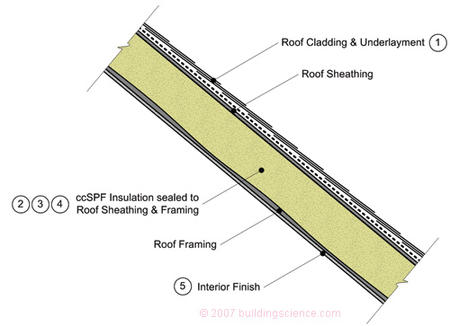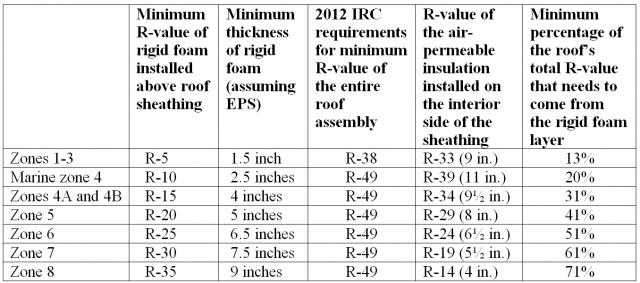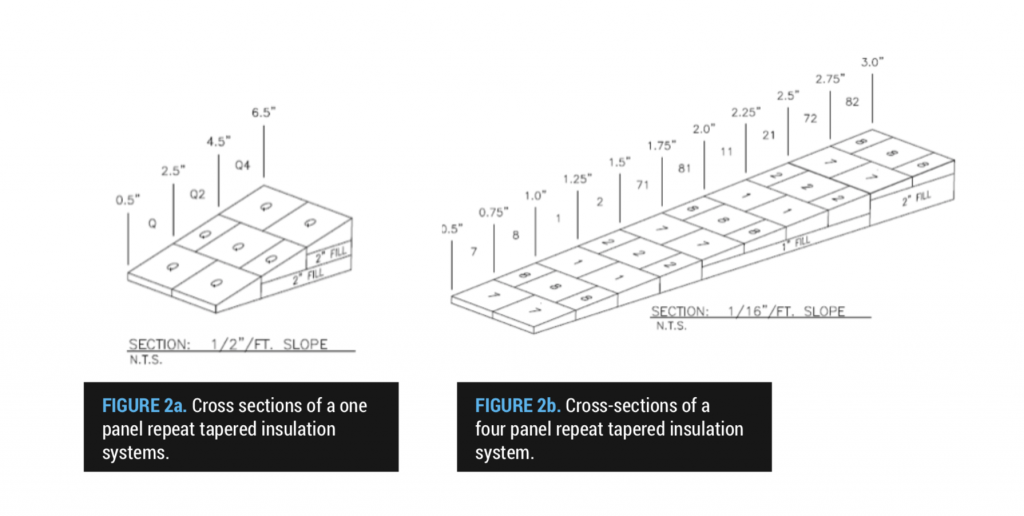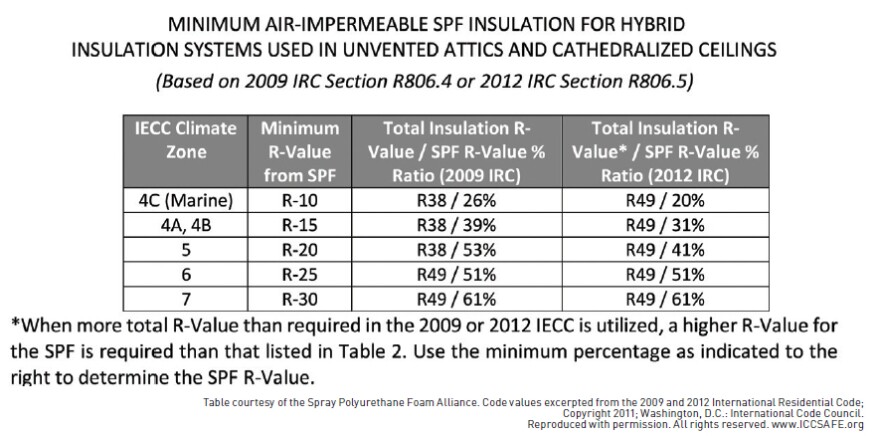Warm deck the type of insulation for this is usually of a rigid type and the thickness will vary depending on the manufacturer s specifications.
Minimum thickness warm roof insulation.
Ventilation is required for these roofs.
The vapour control layer is above the decking but below the insulation.
The insulation can be adhered mechanically fixed or loose laid.
If you do have existing roof insulation the first thing to do is to check the depth if there is only 25mm of insulating material then this is likely to date back to the 1970s as this type of.
Column a is for extensions where the existing dwelling s walls and roof u values are worse than 0 70 w m k in the walls and worse than 0 25 w m k in the ceiling.
Warm flat roofs do not need to be ventilated as the insulation is above the structure.
With a warm roof the usual process is to split the insulation into two layers.
The insulation is immediately below the waterproofing layer.
A warm flat roof or a built up roof bur is one where all the insulation is above the joists deck making them part of the warm fabric of the building.
Cold flat roofs are typically avoided as you d need to install ventilation which can prove problematic for many reasons relating to space labour costs etc.
Cold deck this is where the insulation is placed between the joists rafters or in between the ceiling joists in the case of a pitch roof.










